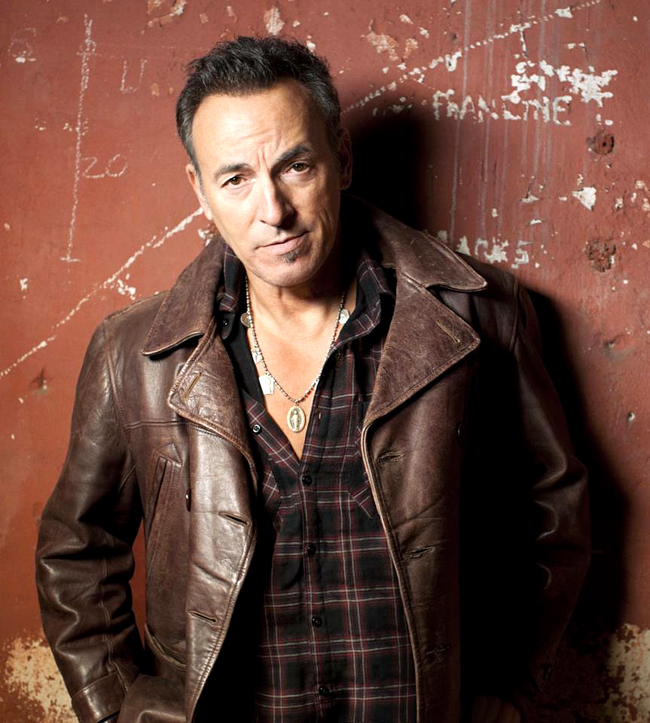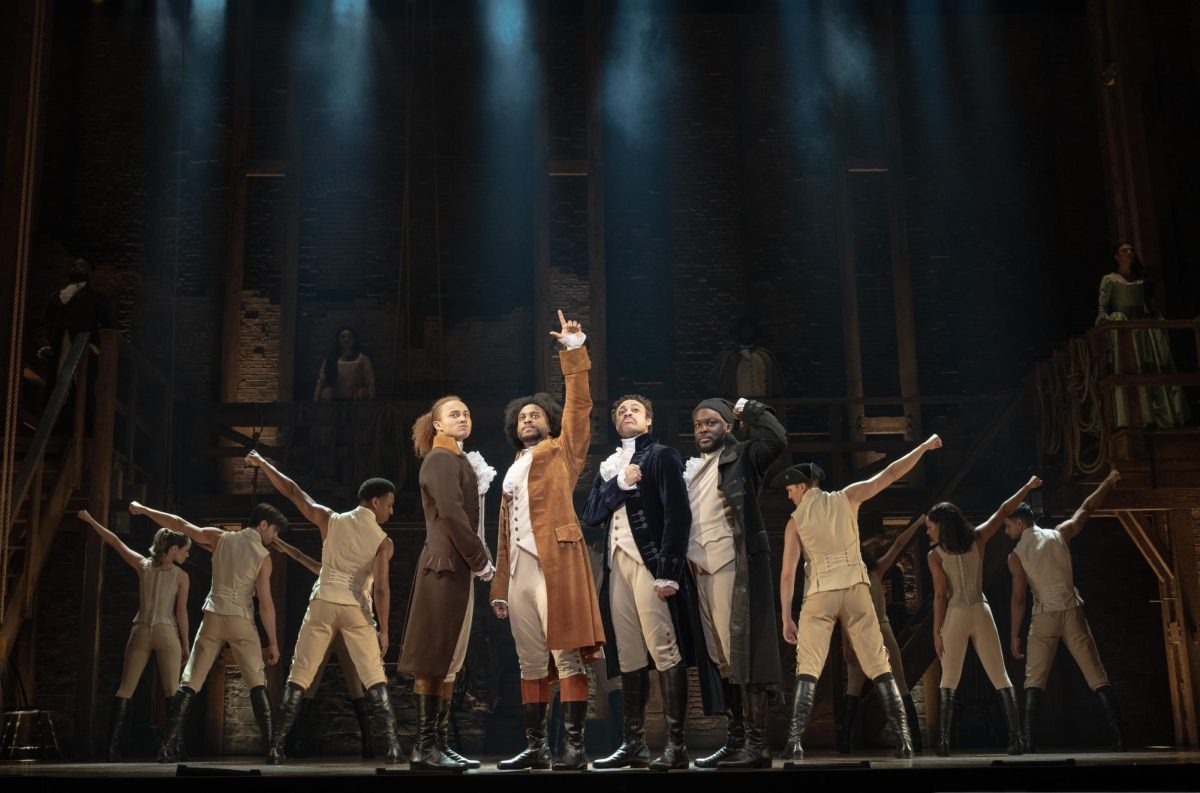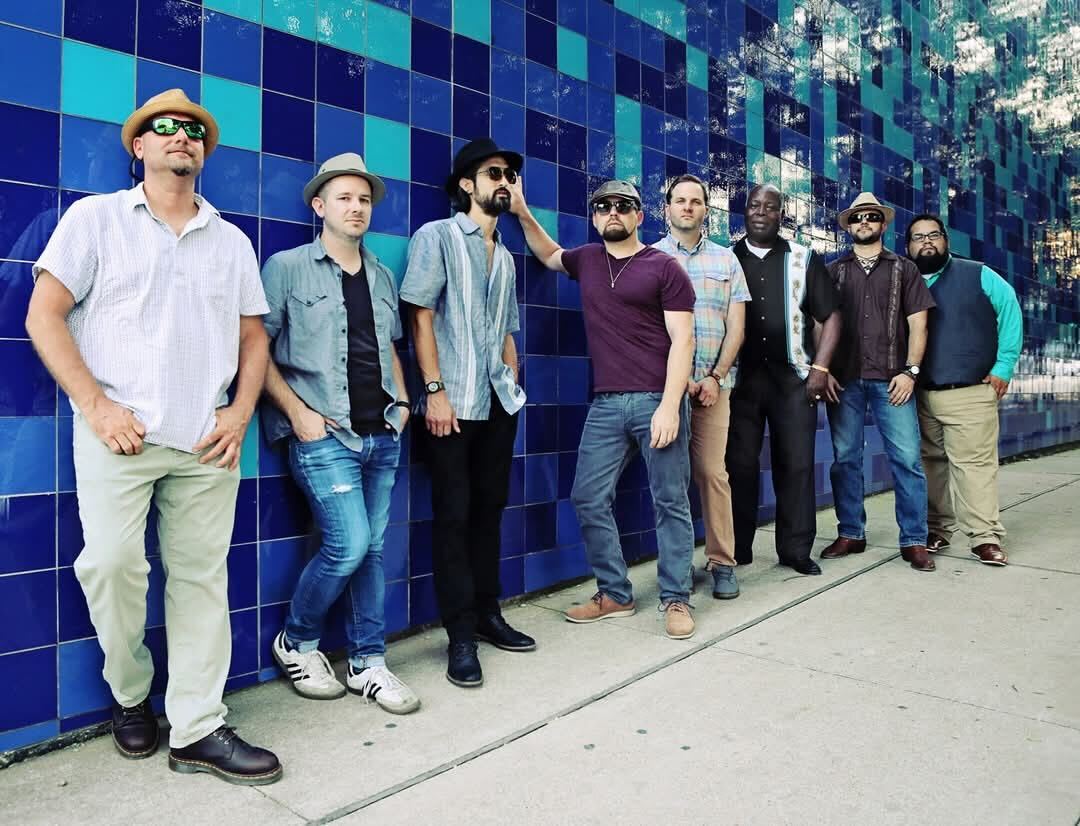It seems that Bruce “The Boss” Springsteen has redefined his sound to capture the ears of a new generation. For his 17th album, Wrecking Ball, the artist opts for arena-rock grandeur to remain relevant in an America that has grown cold, cynical and corrupt. There is no E Street Band here (only three members of the group are present, including the late saxophonist Clarence Clemons), just Springsteen and an assortment of guests. Although the album shows Springsteen at his angriest, the question with this album seems to be, is the iconic songwriter’s anger a facade, or is he actually pissed off?
“Jack of All Trades” supports the former: “The banker man grows fat, working man grows thin,” Springsteen sings, an ode to the laborers whose diligence and perseverance earns them meager wages and even less respect. Springsteen has always been the people’s person; we find solace in his husky voice, a voice that for years has instilled a certain strength in us, reminding us that we can never fall to our fears.
The singer-songwriter actually states that on the album’s title track. “Hold tight to your anger, don’t fall to your fear,” Springsteen sings. His emphatic declarations are only strengthened by a solo from Clemons. It’s uplifting; listeners cannot help but be swallowed in Clemons’ mighty sound, his legacy and final contributions a source of inspiration for those beaten down and distraught.
What seems to be the problem with this album is that Springsteen’s anger has dissipated. Like Woody Guthrie or Pete Seeger, Springsteen’s heart is in the right place, but his populist views leave no resonance. His fist-pumping, stadium-sized anthems try to assemble the hearts of the downtrodden and weak, but it fails to do so, going for a bigger-is-better approach that seems to overshadow the unadorned grit of the American people.
Wrecking Ball-era Springsteen is nothing like Nebraska-era Springsteen, which share similar themes of ordinary people struggling to retain their jobs, dignity and moral compass. At the base of Nebraska were the narratives; sure it was dark and hopeless, but its stripped-down sound painted a more accurate portrayal of America’s economic situation during the early 1980s. Wrecking Ball could have served as a sequel to one of Springsteen’s most compelling releases, but its pompous delivery creates a romanticized feeling of uplift that comes off as naive.
Of course, Springsteen’s fiery vigor is always at an outstanding high when the artist is performing live, which he will be doing on March 15 during this year’s SXSW music festival. Prior to his performance, Springsteen will be speaking at the Austin Convention Center, also on March 15. All we can hope is that the artist’s frustration and displeasure is displayed fully when he performs, reassuring us that The Boss’ change is a catalyst for something bigger and better.





















